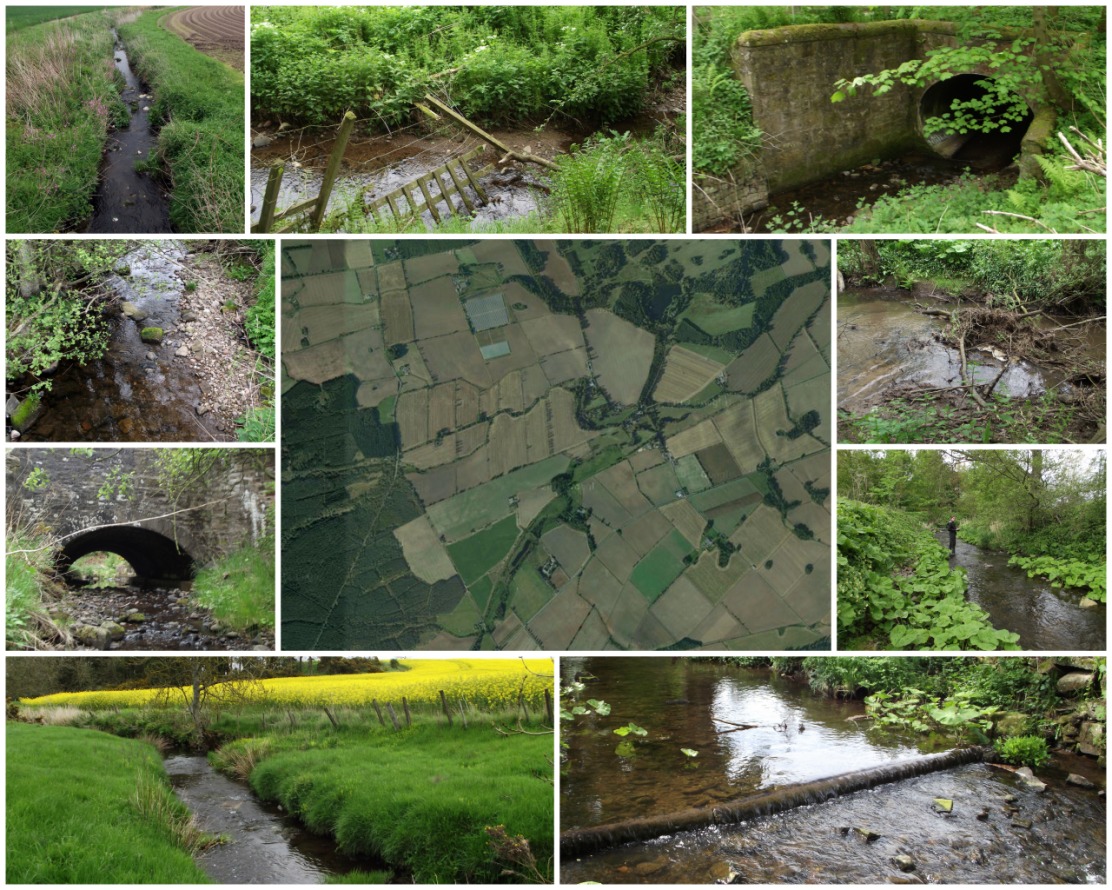Roseanne McDonald

Scottish Freshwater Group meeting
Last week, I attended the Scottish Freshwater Group (SFG) Meeting held at the University of Stirling. The meeting was co-hosted with CREW and aimed to give freshwater scientists the opportunity to identify important knowledge gaps and research needs to support the development and implementation of River Basin Management Plans (RBMP) in Scotland.
To provide a little background context, the Water Framework Directive (WFD) is a substantial piece of EU water legislation that requires all water bodies to achieve ‘good status’ in terms of water chemistry and ecology. There are five status classes ranging from high to bad. In Scotland, there are a variety of pressures which affect the status of water bodies, including: point and diffuse source pollution, abstraction and flow regulation, morphological alterations, and invasive species.
The morning session saw four keynote speakers present on the RBMP consultation, managing invasive non-native species, improving the physical environment, and catchment citizenship for tackling rural diffuse pollution. After lunch, we split into our breakout groups to discuss knowledge gaps and research needs associated with the morning topics. With a physical geography background and having completed my MSc thesis on river restoration and eco-hydromorphology, I felt the group on improving the physical environmental environment best suited my interests. Our group identified that: i) there is a missing link between the physical environmental and ecological response, particularly surrounding assessment methods; ii) adaptive management needs greater incorporation into river management projects; and iii) that it is important to understand sediment response, particularly in sediment limited Scottish rivers. Discussions from each group were then shared and the meeting concluded emphasising that greater communication and collaboration is needed in environmental research. Further discussions and networking then continued at a local hotel.
This was only my second time at a SFG meeting but both have been very enjoyable in terms of being involved in discussions, networking opportunities and not forgetting being able to learn more about Scottish freshwater environments from a wide range of research interests. The SFG holds meetings twice yearly in April and October at the University of Stirling - be sure to check out their website and come along to the next!
